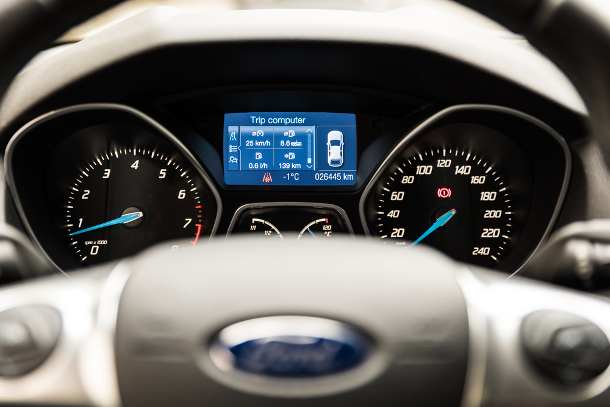Convenient features provided in most new cars -- from voice-activated phones to advanced navigation systems -- are also capable of gathering and transmitting personal information, a new report warns.
Most new cars have some type of wireless connectivity, according to a report published Wednesday by the B.C. Freedom of Information and Privacy Association. While these conveniences may be able to get you to your destination faster and safer, your personal information may be left behind, the report said.
The report, titled "The Connected Car: Who is in the Driver's Seat?" describes how these devices can collect and share valuable personal data.
For example, the navigation systems in cars monitor vehicle location and route history. Drivers and passengers can use voice-operated devices to browse the web or make phone calls. These enhanced services are computer operated and can collect data.
This data can reveal a trove of personal lifestyles, habits, driver behaviour, personal contacts, and schedules. The information could be of use to marketers, insurance companies, thieves or governments, the report said.
A review of several privacy policies and terms of service shows that automakers are breaking Canadian data protection laws as well as their own consumer privacy protection principles.
"The security risks created by this unnecessary and inappropriate collection and retention of personal data is concerning," said the report.
It also said safety is compromised if the electronic systems of cars are hacked.
Needs regulation
As a remedy, the report recommends the establishment of data protection regulations for the auto industry, national data protection for insurance, involvement of privacy experts in designing intelligent transport systems and guidelines to engineer privacy measures into the products and services.
Governments are already working with private companies to create so-called intelligent transportation systems to prevent traffic crashes, reduce traffic jams and reduce tailpipe emissions. But, if the data is not secured, sharing it could "create an architecture of surveillance that would be ripe for exploitation by governments, corporations and cybercriminals alike if not properly protected," the report said.
According to Statistics Canada, 85 per cent of Canadian households own or lease at least one vehicle. In 2013, there were 23 million vehicles registered in the country. Of the 15.4 million commuters across the nation, 80 per cent travel to work in a private vehicle.
The B.C. Freedom of Information and Privacy Association's report was funded by the Office of the Privacy Commissioner of Canada. ![]()
Read more: Rights + Justice, Transportation
















Tyee Commenting Guidelines
Comments that violate guidelines risk being deleted, and violations may result in a temporary or permanent user ban. Maintain the spirit of good conversation to stay in the discussion.
*Please note The Tyee is not a forum for spreading misinformation about COVID-19, denying its existence or minimizing its risk to public health.
Do:
Do not: